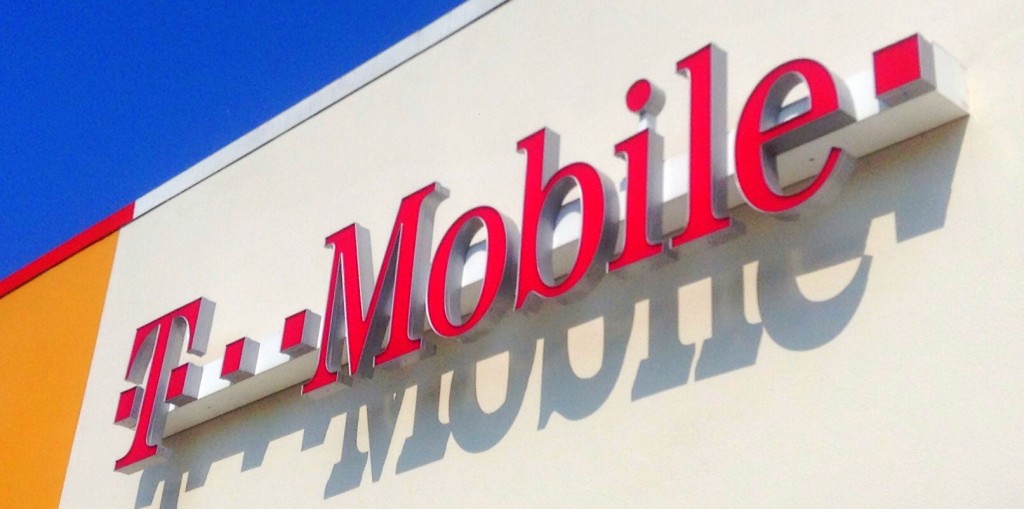California's Exclusive EV Mandate Under Fire From Automakers

Table of Contents
Automaker Concerns Regarding Production Capacity and Infrastructure
Automakers are expressing serious concerns about the California EV mandate's feasibility, citing significant hurdles in production capacity and the supporting infrastructure needed for widespread EV adoption. These concerns are not simply about meeting quotas; they're about the very real limitations currently impacting the automotive industry.
Insufficient Charging Infrastructure
- Lack of widespread public charging stations: The current network of public charging stations is insufficient to support the projected surge in EV sales mandated by California. Many areas, particularly rural communities, lack adequate charging infrastructure.
- Uneven distribution across the state: Existing charging stations are unevenly distributed, creating "charging deserts" and range anxiety for potential EV buyers.
- Range anxiety concerns for consumers: The fear of running out of battery power before reaching a charging station remains a major obstacle to EV adoption.
- Slow charging speeds: Many public charging stations offer slow charging speeds, extending charging times significantly and further exacerbating range anxiety.
Automakers argue that the California EV mandate is pushing ahead of the necessary infrastructure development, creating a scenario where consumers are hesitant to buy EVs due to practical limitations. This creates a chicken-and-egg problem; without sufficient charging infrastructure, consumer demand will remain low, hindering the mandate's goals.
Battery Production Bottlenecks
- Limited availability of battery raw materials: The production of EV batteries relies on several rare earth minerals, the supply of which is geographically concentrated and subject to geopolitical instability.
- Manufacturing capacity constraints: Current battery manufacturing capacity is insufficient to meet the global demand for EVs, leading to delays and higher costs.
- Rising battery costs: The scarcity of raw materials and production constraints contribute to rising battery costs, increasing the overall price of EVs and making them less accessible to consumers.
The limitations in battery production are a major roadblock for automakers striving to meet the California EV mandate. Scaling up battery production requires significant investment and technological advancements, which are not happening at the pace needed to support the mandate's aggressive timeline.
Supply Chain Disruptions
- Global chip shortages: The ongoing global semiconductor chip shortage continues to hamper the production of vehicles, including EVs.
- Logistical bottlenecks: Disruptions in global supply chains, including port congestion and shipping delays, are affecting the timely delivery of parts and components needed for EV manufacturing.
These supply chain issues are beyond the control of individual automakers and highlight the complexities of rapidly transitioning to electric vehicles on a massive scale. The California EV mandate, in its current form, may be pushing the limits of what the current global supply chain can realistically handle.
Economic Viability and Consumer Demand
The success of the California EV mandate hinges not only on production capacity but also on economic viability and consumer acceptance. Several significant factors raise questions about the mandate's long-term feasibility.
High Purchase Prices of EVs
- Higher initial cost of EVs compared to gasoline-powered vehicles: EVs typically have a higher upfront purchase price than comparable gasoline-powered vehicles, making them less accessible to many consumers.
- Limited access to affordable EV options: The market for affordable EVs is still relatively limited, leaving many consumers with limited choices.
- Impact on consumer affordability: The high cost of EVs can significantly impact consumer affordability, potentially hindering widespread adoption.
Addressing the affordability issue is critical to ensuring the success of the mandate. Incentives, subsidies, and the development of more affordable EV models are essential to broaden market access.
Consumer Preference and Acceptance
- Varying consumer preferences for vehicle types: Not all consumers desire or need an electric vehicle. Factors like driving habits, lifestyle, and vehicle preferences play a crucial role in consumer adoption.
- Concerns about driving range, charging time, and maintenance costs: Consumers may be hesitant to adopt EVs due to concerns about limited driving range, longer charging times, and potential maintenance costs.
Understanding and addressing consumer concerns regarding range, charging infrastructure, and maintenance are crucial for increasing consumer acceptance of electric vehicles.
Impact on the Automotive Industry Jobs
- Potential job losses in traditional auto manufacturing sectors: The rapid shift to EVs could lead to job losses in sectors focused on internal combustion engine (ICE) vehicle manufacturing.
- Need for workforce retraining and adaptation to the EV industry: The transition to the EV industry requires significant workforce retraining and adaptation to the new technologies and manufacturing processes involved.
The potential for job displacement in the automotive sector needs careful consideration. Implementing policies that support workforce retraining and job creation in the EV industry is crucial for mitigating the social and economic impact of the transition.
Legal Challenges and Regulatory Power
The California EV mandate is not without its legal challenges, sparking debate over the state's authority to set emission standards independently of federal regulations.
Legal Battles Against the Mandate
- Overview of lawsuits filed by automakers challenging the mandate's legality and feasibility: Several automakers have filed lawsuits challenging the mandate, arguing that it's overly ambitious, economically unfeasible, and potentially preempted by federal regulations.
- Arguments based on preemption by federal regulations: Automakers argue that federal regulations on fuel efficiency and emissions should supersede California's stricter standards.
The legal battles surrounding the California EV mandate could significantly impact its implementation and its potential influence on other states.
Debate over State's Authority to Set Emission Standards
- Analysis of California's authority to set stricter emission standards than the federal government: California has a long history of setting stricter vehicle emission standards than the federal government, a right granted under the Clean Air Act.
- Implications for other states following California's lead: Many other states follow California's emission standards, meaning a legal challenge to the California EV mandate could have far-reaching implications.
The ongoing legal challenges highlight the complex interplay between state and federal authority in regulating environmental standards. The outcome of these legal battles will shape the future of not just California's EV mandate, but potentially the national landscape of EV adoption.
Conclusion
California's ambitious EV mandate is a significant step towards combating climate change, but its rapid implementation faces considerable hurdles. Automakers' concerns about production capacity, charging infrastructure, economic viability, and legal challenges are valid and require careful consideration. While transitioning to electric vehicles is crucial, a balanced approach is necessary, factoring in all stakeholder concerns. This demands increased investment in charging infrastructure, support for battery production, and consumer incentives to ensure a smooth and successful transition to a future dominated by electric vehicles. The future of California's EV mandate and its broader influence on the national automotive landscape remain uncertain, demanding continued dialogue and thoughtful consideration of all perspectives involved in the California EV mandate. Let's work together to find solutions that balance environmental progress with economic realities within the California EV mandate framework.

Featured Posts
-
 Tampoy Fonoi Apokalypseis Kai Nea Dedomena
May 19, 2025
Tampoy Fonoi Apokalypseis Kai Nea Dedomena
May 19, 2025 -
 The Future Of Celebrity Tequila Navigating A Changing Landscape
May 19, 2025
The Future Of Celebrity Tequila Navigating A Changing Landscape
May 19, 2025 -
 Paige Bueckers And Azzi Fudds Espn Red Carpet Debut At The 2025 Wnba Draft
May 19, 2025
Paige Bueckers And Azzi Fudds Espn Red Carpet Debut At The 2025 Wnba Draft
May 19, 2025 -
 T Mobile To Pay 16 Million For Multiple Data Breaches
May 19, 2025
T Mobile To Pay 16 Million For Multiple Data Breaches
May 19, 2025 -
 10 Najgorih Rezultata Hrvatske Na Eurosongu Potpuni Pregled
May 19, 2025
10 Najgorih Rezultata Hrvatske Na Eurosongu Potpuni Pregled
May 19, 2025
